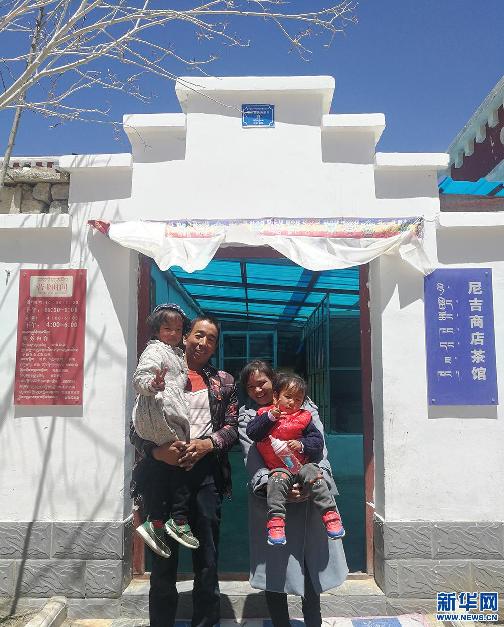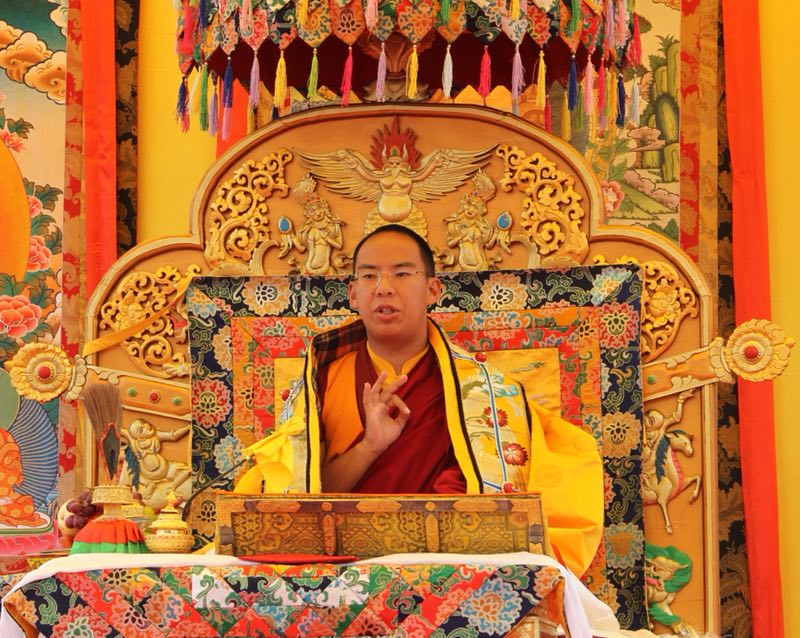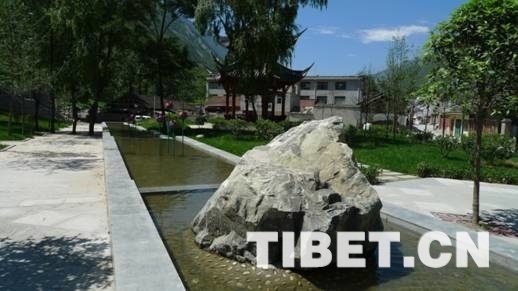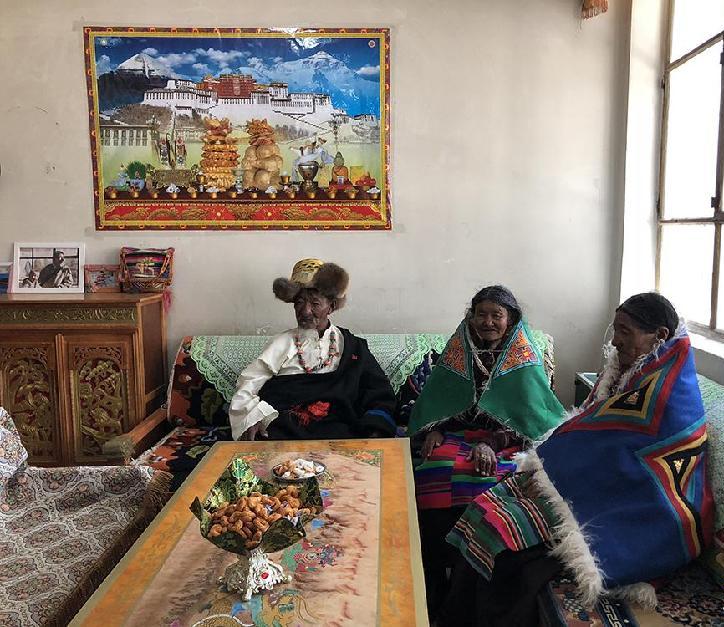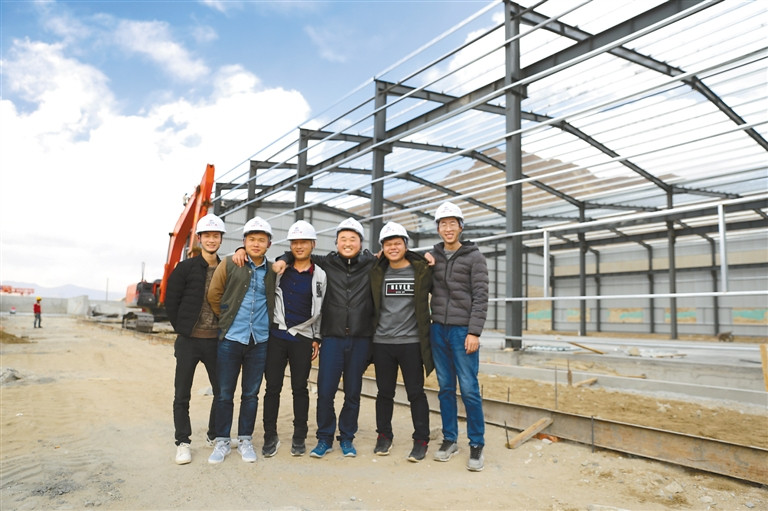Senior monk talks about development of Tibetan Buddhism
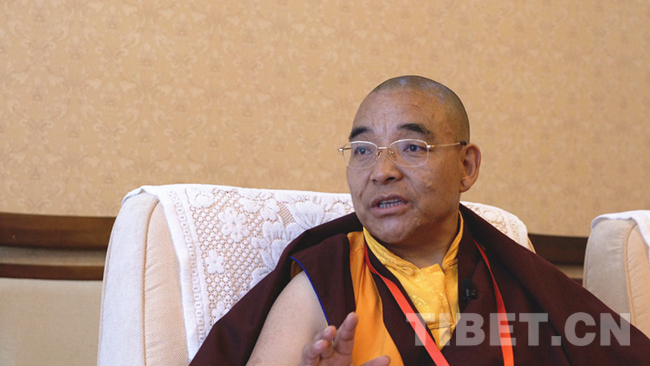
Bangden Dhunyu, vice president of the Tibet Branch of the Buddhist Association of China and president of the Buddhist Association of Shigatse.
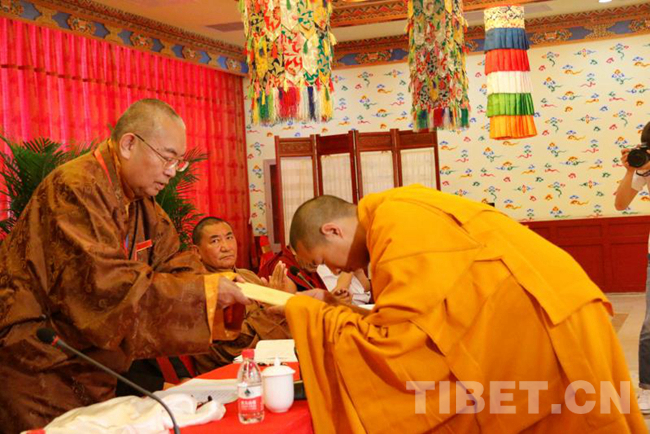
The 14th Tibetan Buddhism advanced title award ceremony is held in the High-level Tibetan Buddhism College of China on May 19. Dean Jamyang awarded certificates to monk students who had obtained the advanced ranking.
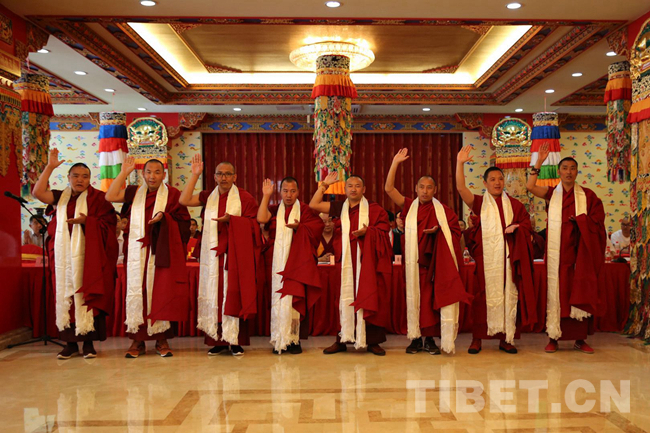
Eight monks from the Sakya sect of Tibetan Buddhism who have obtained the advanced ranking give "three cheers", a traditional religious ritual, in celebration. The new title system in Tibetan Buddhism was established in 2004 and includes three levels: Thorampa, Chingrampa, and Chenrampa. As of now, 168 monks have earned the Thorampa advanced ranking.
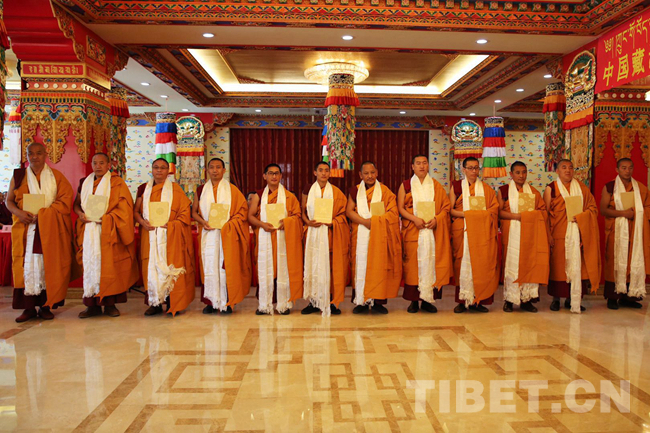
12 monks from the Gelug sect of Tibetan Buddhism who have obtained the advanced ranking take a group photo.
The 14th Tibetan Buddhism Thorampa Advanced Title Award Ceremony was held in Beijing at the High-level Tibetan Buddhism College of China, where 20 monk students from the Gelug and Sakya sects of Tibetan Buddhism were granted the Thorampa title, further expanding the ranks of advanced Tibetan Buddhist talents.
With regards to questions on the development of the three-level ranking system for Tibetan Buddhism and upholding the principle that religions in China must adapt to the Chinese society, reporters from China Tibet Online interviewed Bangden Dhunyu, vice president of the Tibet Branch of the Buddhist Association of China, president of the Shigatse Buddhist Association, and member of the fourth Tibetan Buddhism Academic Title Work Steering Committee.
"This year, there are monk students from the Gelug and Sakya sects graduating with the advanced title, and I participated in the entire process. These excellent students were selected to the High-level Tibetan Buddhism College of China by their local monasteries or provincial Buddhist associations, and they have worked very hard during the course of their studies, they themselves also said that they have learned a lot," Bangden Dhunyu said.
"One of the most important aspects is the study of the five great textual traditions. As Tibetan Buddhism uses both tantric and exoteric Buddhist practices, with equal importance paid to all the teachings of the Buddha. In this process, a monk first has to understand the theory of exoteric Buddhism. If one does not master the five great textual traditions, they certainly won't be able to learn the tantric practices and cannot call themselves a qualified monk. Therefore, students are very grateful for having such a good platform to learn and improve their practices."
Your Comment
Name E-mailRelated News
-
-
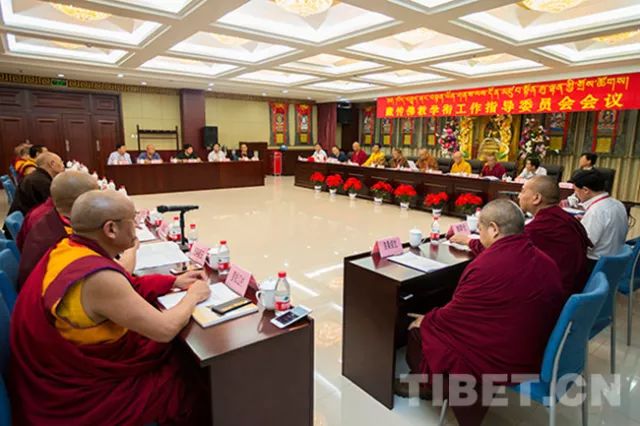
-
Tibetan Buddhist academic title work conference held in Beijing
The first plenary meeting of the first session of the fourth Tibetan Buddhist Academic Rank Steering Committee was recently held in Beijing.
-
-
-
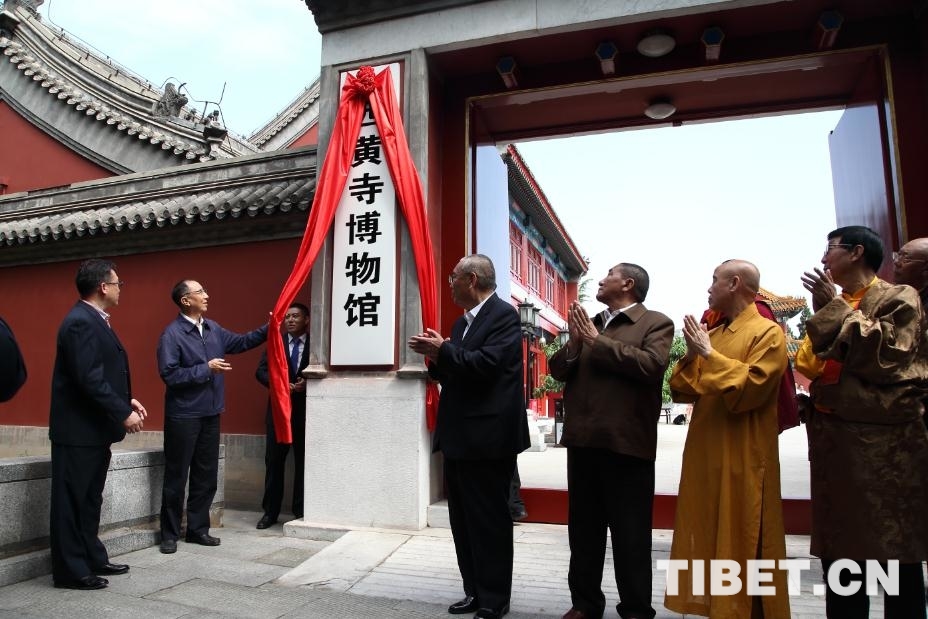
-
Xihuang Temple Museum opens to the public
May 18th was the 42nd International Museum Day, and on that morning, the only original Tibetan Buddhist Culture Museum in Beijing, the Xihuang Temple Museum, held an opening ceremony and officially opened to the public.
-
-
-
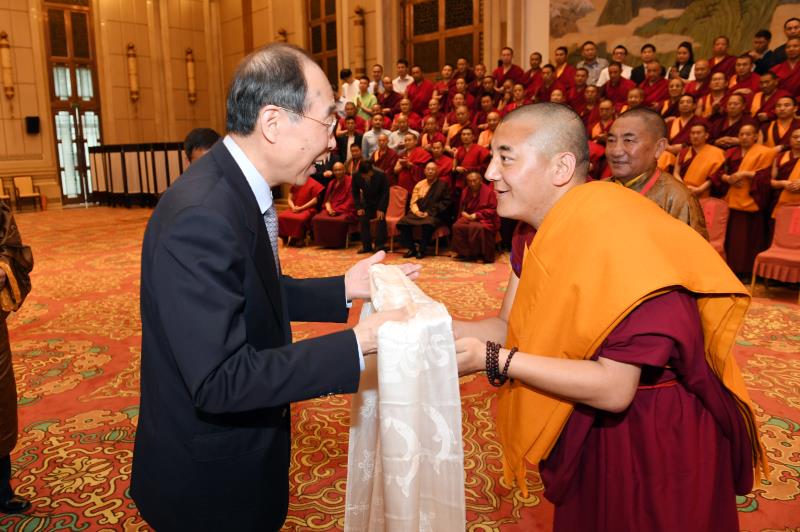
-
You Quan meets with advanced Tibetan Buddhist scholars
On May 19, You Quan, memberof the Secretariat of the CPC Central Committee and minister of the United Front Department of CPC Central Committee, met with winners of the torampa title
-
-
-
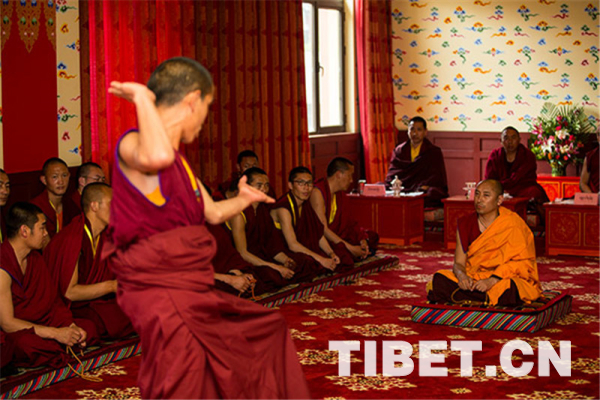
-
Scripture debate exam held at China's highest Buddhist academy
From May 13 to 16, the 14th scripture debate examination for advanced title of Tibetan Buddhism was held in Beijing.
-
-
-
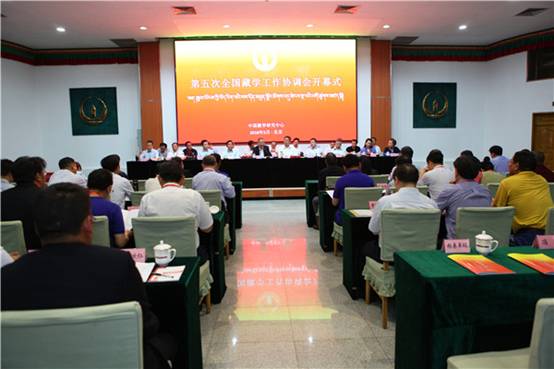
-
Fifth national coordination conference on Tibetology work held in Beijing
The Fifth National Coordination Conference on Tibetology Work, sponsored by the China Tibetology Research Center, was held from May 19 to 22 in Beijing.
-



